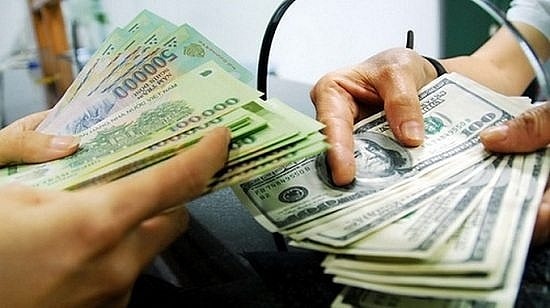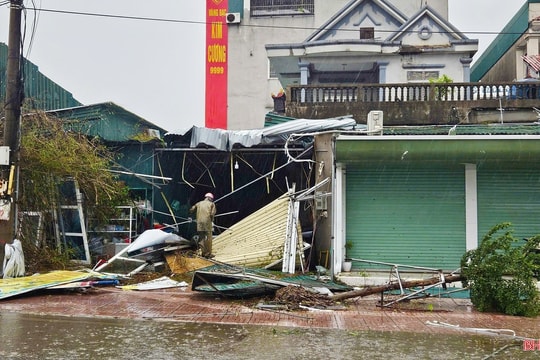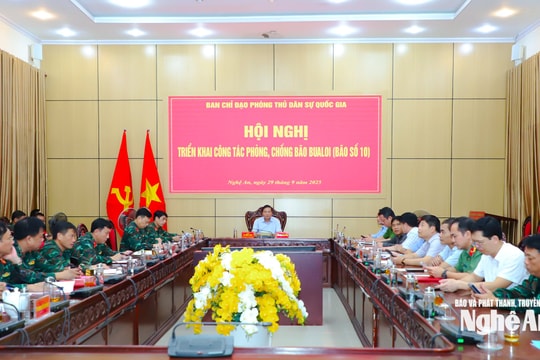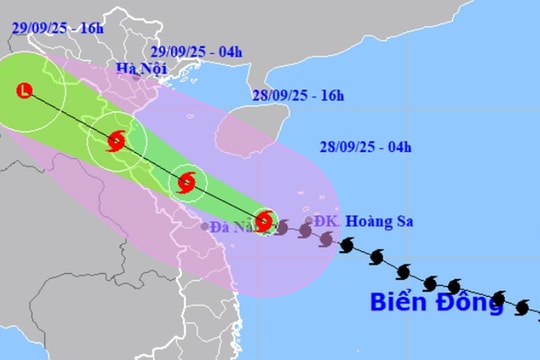Prime Minister: Vietnam does not devalue currency to create trade advantages
Prime Minister Nguyen Xuan Phuc emphasized that Vietnam's monetary policy is aimed at stabilizing the macro-economy, not at creating trade advantages.
At the meeting on the afternoon of December 18, Prime Minister Nguyen Xuan Phuc once again emphasized Vietnam's stance thatcurrency manipulationas concluded by the US Treasury recently. Instead, Vietnam's monetary policy is to stabilize the macro economy, not to devalue the currency to gain unfair trade advantages.
This viewpoint of the Vietnamese Government was also mentioned by both the Ministry of Foreign Affairs and the State Bank on December 17. According to the explanation of the State Bank, the bilateral trade surplus with the US and the current account surplus are the result of a series of factors related to the characteristics of the Vietnamese economy.
 |
| Illustration photo |
JobState BankThe recent foreign currency intervention purchase was to ensure the smooth operation of the foreign exchange market, in the context of abundant foreign currency supply. This move has contributed to stabilizing the macro economy, while strengthening the State foreign exchange reserves, which are at a low level compared to other countries in the region, in order to enhance national financial and monetary security.
At the meeting, the Prime Minister also assigned ministries and agencies to continue to closely cooperate with US partners to maintain momentum in relations.bilateral cooperationdevelop strongly, bringing practical benefits to people and businesses of the two countries.
According to him, government agencies have recently proactively cooperated with US partners and achieved many positive results, especially in trade and investment... The two sides have jointly resolved existing problems and difficulties, maintained stable trade relations, and aimed for a harmonious, sustainable, and mutually beneficial trade balance.
"Currency manipulation" is defined by the US as a country that meets three criteria, including: Bilateral trade surplus with the US of at least 20 billion USD; Current account surplus equivalent to at least 2% of GDP; One-sided and prolonged intervention in the foreign exchange market, demonstrated by net purchases of foreign currency for at least 6 months over a 12-month period with the total amount of net purchases of foreign currency equivalent to at least 2% of GDP over a 12-month period.
On December 16, the US Treasury Department released a report "Macroeconomic and foreign exchange policies of major US trading partners", in which it determined that Vietnam and Switzerland were currency manipulators.








